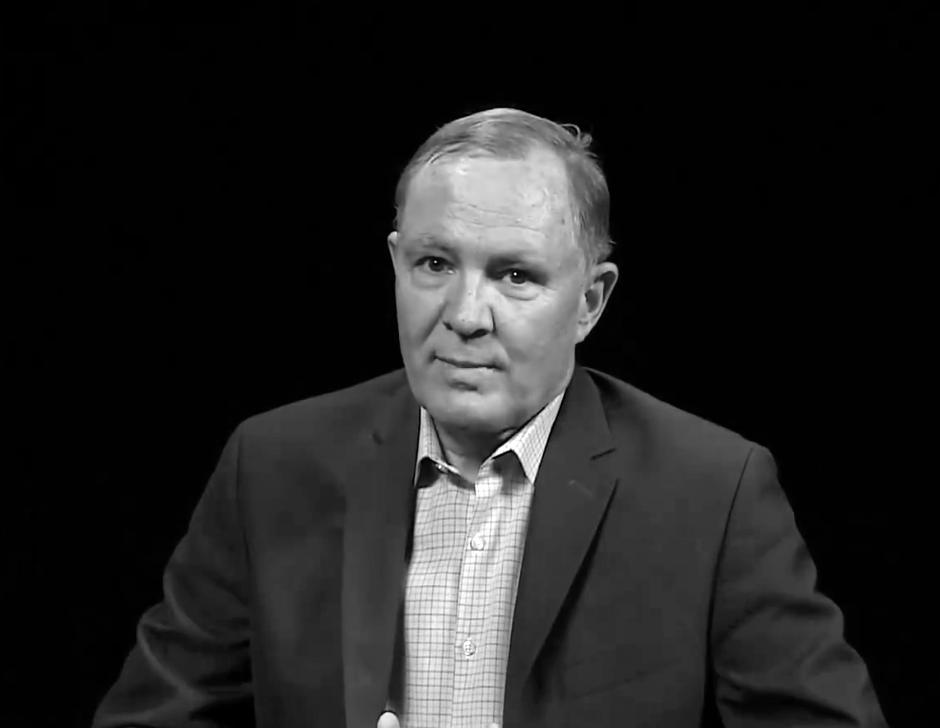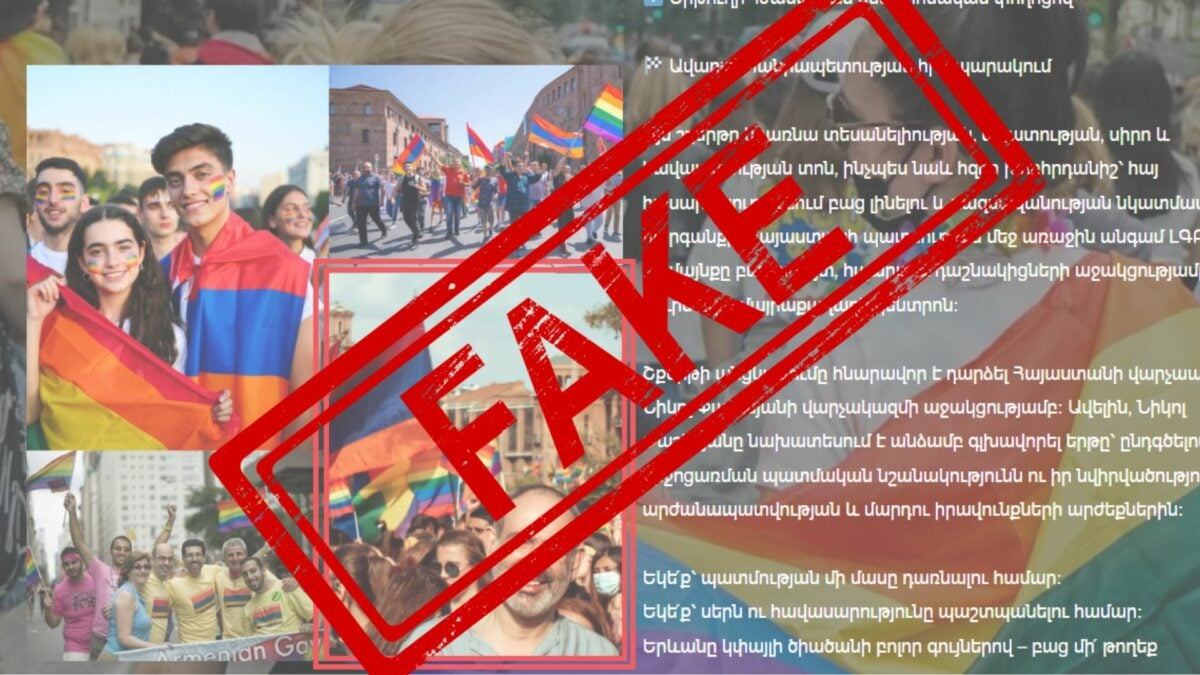The world is currently battling disinformation. During a conversation with Media.am, James R. LeMay, CNN senior adviser and former coordinating deputy editor, emphasized the importance of not rushing to release unverified information. He advised against being proactive and instead suggested waiting until information is confirmed before sharing it.
Let’s address the issue of disinformation. Fake news is increasingly spreading every day, including within Armenian media and social networks. How should the media combat misinformation?
You have seen some software and websites that I recommend you start using. As an organization, review them and decide which one is best for you. Use these websites and information to filter and test what works best for your content. Consider different factors such as whether it is an image or text. Each of the websites I mentioned will provide different ways to filter the content – metadata for one, images for another, etc. Experiment with them to find out which ones you will use most frequently. However, I can’t advise you on which ones to use until you have a clear idea of the content. For example, social media content will require one set of filters, while images will need another. Overall, you will end up using about five different sites to filter content based on its specific nature.
Do you think the problem is that the media is unfamiliar with these tools?
It’s not the only issue, but it’s a major challenge for journalists.
The Armenian media is still in its early stages. While it’s recognized as important, it’s not yet fully utilized. In contrast, the Western world often deals with misinformation, especially during elections and other major events.
In Armenia, fake news is primarily spread through social networks. Are there any laws or mechanisms in your country that prohibit referencing anonymous posts on platforms like Facebook or Instagram?
There’s more to it. Platforms are becoming more vigilant in identifying and removing fake news, but unfortunately, they are also overlooking a lot of local news due to their algorithms. What I suggest is to have a better understanding of what the public is consuming online, and if it’s fake, to be able to identify and inform people about its falsity. This is a story in itself, so don’t just wait for it to come to you; go out and seek it. Once you find it, expose it.
You worked at CNN for over a decade. How did you combat fake news during that time to prevent it from being aired?
We had a large group of people within our organization whose job was verifying the information we provided them. This process is more challenging for smaller organizations, as everyone needs to be knowledgeable. That’s why I’ve given you these tools to help with it.
Soon, there will be presidential elections in the USA. It is evident that there will be propaganda and fake news, raising concerns about the potential use of artificial intelligence.
Due to advancing technology, it becomes increasingly challenging each year. There’s a general understanding that if something seems too good to be true, it probably is. Occasionally, we encounter something so extreme that we hesitate and rethink. We might have proceeded with it in the past, but now we’re more skeptical. We’re starting to collaborate with our competitors. We’ve never collaborated with competitors before, but now we’re working with various organizations, sharing best practices to identify issues.
How do you combat Propaganda?
Both consumers and journalists are well aware of propaganda. They understand that it represents a specific party’s viewpoint. They do not outright reject it, nor do they fully believe in it. They want to be informed about what is being said, but they also know that there is another side to consider. As journalists, it is our responsibility to present both perspectives. We need to be able to identify propaganda, whether it comes from conservatives or liberals, and our duty is to provide the audience with a balanced view of both.







